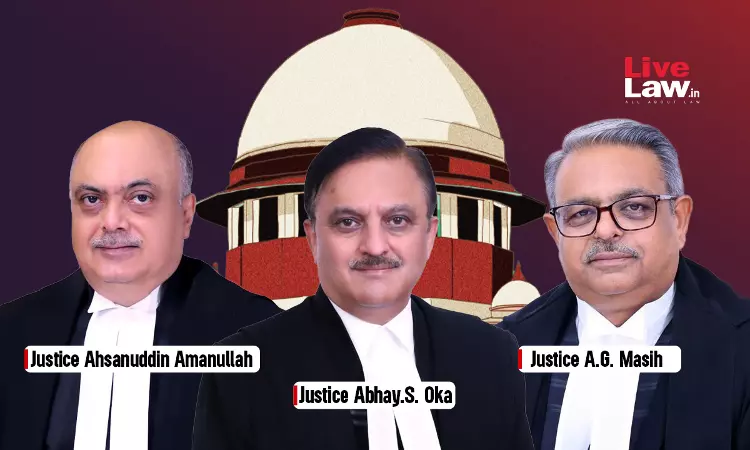Courts Cannot Prepone Date Of Hearing Without Giving Notice To Other Party : Supreme Court
Yash Mittal
24 Sept 2024 3:05 PM IST

Next Story
24 Sept 2024 3:05 PM IST
In a recent case, the Supreme Court deprecated the practice of preponing the date of hearing without giving an opportunity of hearing to the defendant.It was a case where the trial court proceeded ex-parte against the defendant on April 22, 2002, and fixed a date for ex-parte hearing on 30th May 2002. However, an application was made by the plaintiff to strike out the defence of the defendants...
